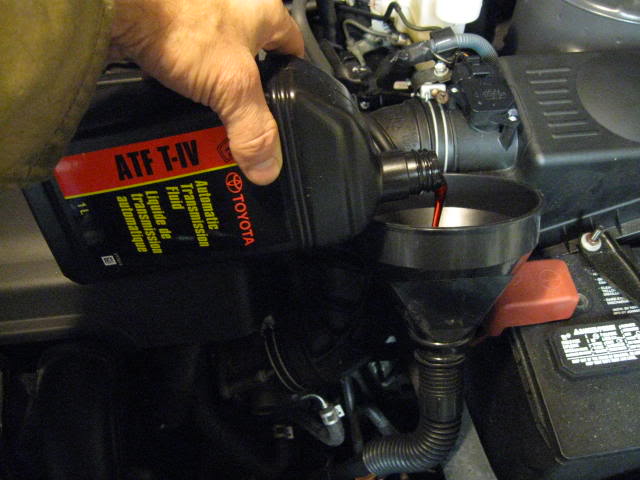

Well, it’s not a very frequently asked question, but there are doubts among people about the change of transmission fluid. Should you change it? How often should you do it? Correct way to change it?
Talking of transmission fluids, their sole purpose is to lubricate the transmission of any automotive engine. More the lubrication means lesser the friction and hence lesser power loss and lesser heat generation. Although, change of transmission fluid for every product surely differs from manufacturer to manufacturer, there are some things that you must consider.
Transmission fluid should be changed averagely at or above 3,00,000 kms for any vehicle, but there are some manufacturers that recommend the change of fluids even more than 6,00,000 kms (Toyota & Ford for some of their cars). Also, you would meet mechanics that might suggest you of not changing the fluid as they “think” there is no need. But you should.
While, under a heavy load or stop and go traffic or under high operating conditions the transmission fluid tends to get a rise in temperature with the increasing engine temperature. This increased temperature not only reduces the efficiency of fluid but also deteriorates the fluid capacity and quality, with time. Also with a prolonged use of vehicle in stop and go traffic, such phenomenon is more prominent. Also, with timed usage and aging of vehicle, transmission fluid gets contaminated with dirt and slit particles. Heavy usage of engine may also lead to mixing of some machined brittle particles inside the fluid that might damage your transmission in the long run.
Keep an eye over the transmission fluid limiter (present on most of the cars) and if you find the fluid getting dark or more viscous than it should or you find settlement of any unwanted particles, please, get the fluid changed. Always read the user manual of your vehicle and get the correct transmission fluid accordingly. Also, user manual contains the precise information for your vehicle and the regular maintenance schedule, so reading it would surely be beneficial.
While getting your vehicle serviced, get your fluids checked according to the user manual. Look closely to the fluid, and if you find dust or brittle machine particles, then get the fluid changed. There are a lot of ways of changing the fluid and the recent ones include pump action technique. While most of the manufacturer’s have no issues there are some manufacturer’s that might want you to avoid such techniques and get it changed from their authorized service centers. Also some companies recommend the use of transmission fluid supplied by them rather than opting for aftermarket fluids. Honda is one of them.
Change of transmission fluid won’t get the problems such as shifting jerks or transmission slipping or other transmission problems solved, but yes, it won’t let them expand further. So don’t expect much out of the new fluid change.
[Image source: diymytoyota.com & notpetroleum.com]